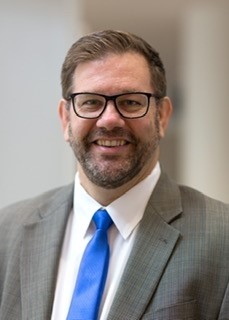In HyFlex courses, students can decide for each and every class meeting, group activity, assignment and assessment whether to sit in the classroom, join via videoconference in real-time, or complete online activities later. The HyFlex model offers institutions and programs the flexibility to deliver educational experiences as safely as possible and enhances their ability to pivot to remote teaching and learning quickly, if needed.
While technologically HyFlex courses can be delivered using systems normally supported by an institution like video conferencing and learning management systems, the high degree of flexibility requires learners to read the entire syllabus and know the assignments and policies for all of the courses in which they are enrolled. Similarly, course directors and coordinators must be prepared to leverage learning analytics to monitor student engagement and make adjustments as needed.
Planning for a HyFlex course design model in the Fall may help us be ready when the unknowns become known.
What obstacles are you facing in your planning for Autumn 2020? Share your experiences on Twitter using #MedEdPearls!
#MedEdPearls are developed monthly by the Central Group on Educational Affairs. Previously, #MedEdPearls explored topics including the use of the Plus/Delta During COVID-19, engaging students virtually during COVID-19, and mastering adaptive teaching in the midst of COVID-19.
Author BIO

Larry Hurtubise, MA (2.0, ’16) is the Director of the Office of Educational Innovation and Scholarship at The Ohio State University College of Pharmacy. Larry’s areas of professional interest include the professional development of clinician educators, health professions education research and educational technology. Larry can be followed on Twitter and or email.
#MedEdPearls

Jean Bailey, PhD – Virginia Commonwealth University School of Medicine
Rachel Moquin, EdD, MA – Washington University School of Medicine

